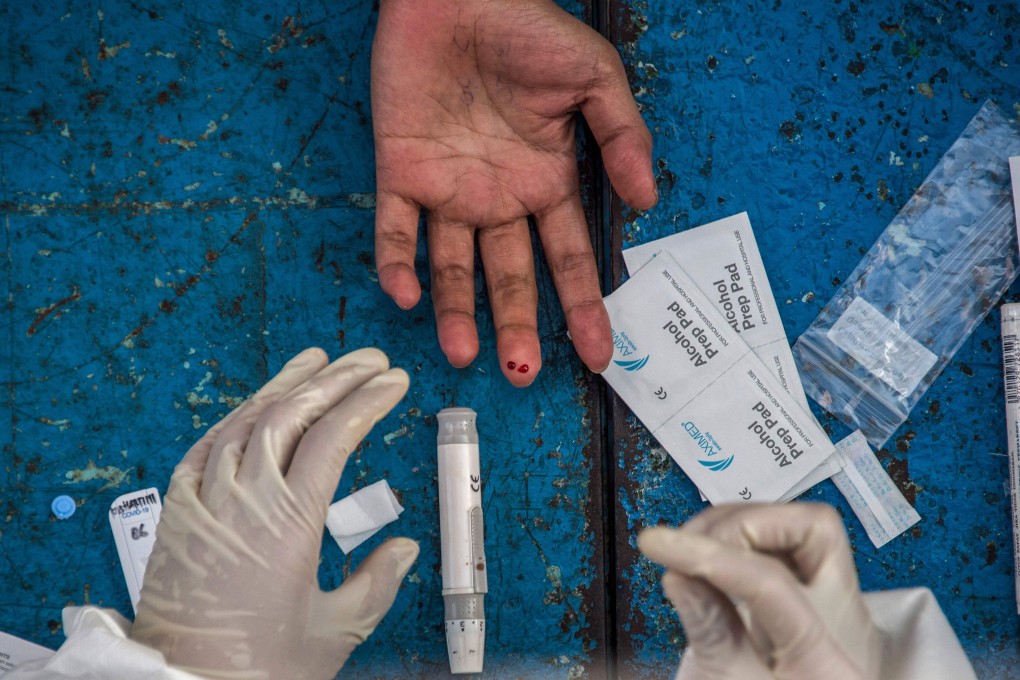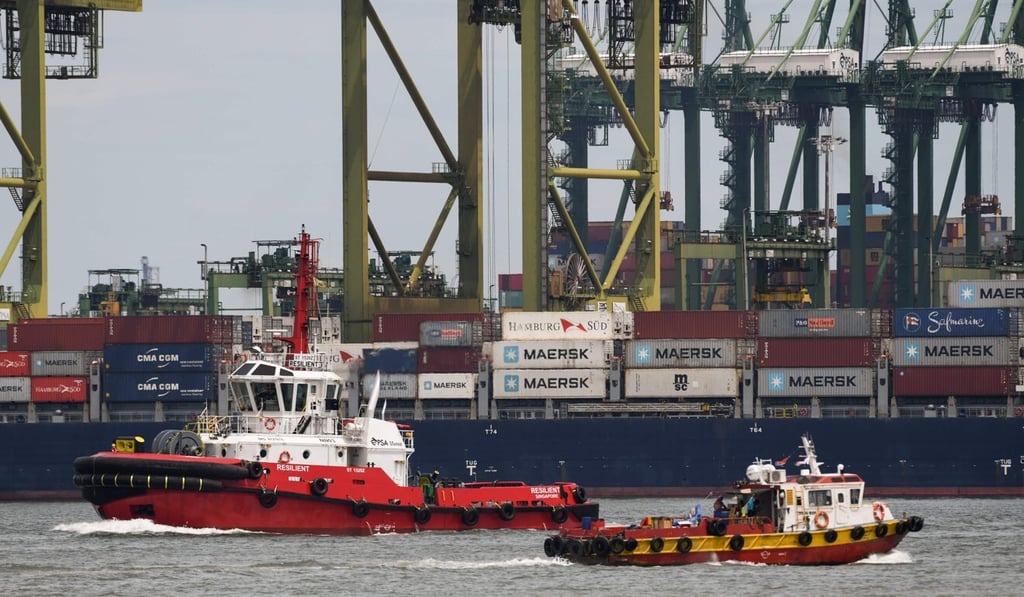Coronavirus: Singapore sees cheap rapid test kits, vaccine as key to quick economic recovery
- Trade and Industry Minister Chan Chun Sing said rapid test kits would aid in resuming global travel and other activities that require social interaction
- Singapore’s heavily trade-reliant economy has taken a beating from restrictions imposed globally to contain the coronavirus pandemic

“If either one of these or both come about in the next few months, then I think there’s a much better chance of us recovering faster,” he said in an interview on Wednesday.
For now the economy faces many challenges, despite recent data showing a surprise improvement in exports, Chan said.
“We are quietly encouraged by some of the positive numbers coming in for the first quarter despite the headwinds,” he told Bloomberg Television’s Haslinda Amin, adding that the government is “not complacent,” as “the downside risks are still many.”

Singapore’s heavily trade-reliant economy has taken a beating from restrictions imposed globally to contain the coronavirus pandemic, with preliminary data showing its gross domestic product plunged 2.2 per cent in the first quarter from a year earlier, the worst performance since the global financial crisis.
Data this week showed non-oil domestic exports unexpectedly gained 9.7 per cent in April, though that was mostly due to a jump in the volatile pharmaceuticals category from a low base in the same period last year.